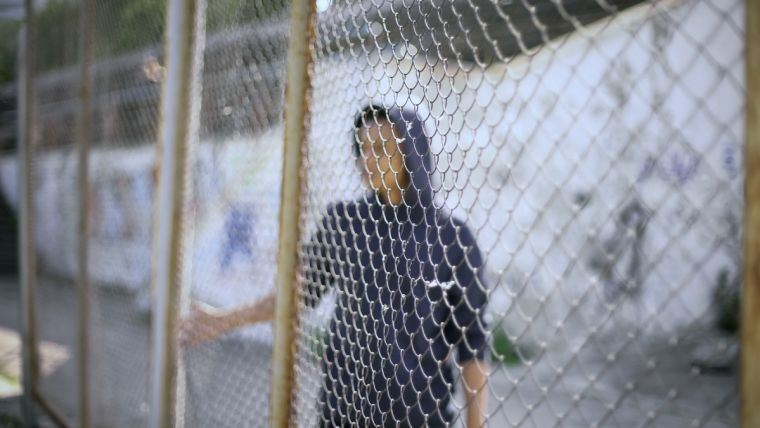Church of England moves to oppose Nationality and Borders Bill

The Church of England's General Synod has voted to challenge the government's Nationality and Borders Bill after members claimed it could leave child trafficking victims more "unprotected and at risk".
The Synod unanimously backed the "Challenging Slavery and Human Trafficking" motion, tabled by Durham Diocese, on the second day of its February meeting in Westminster.
Introducing the debate, Durham representative Alistair Bianchi said there were "considerable concerns" that the Nationality and Borders Bill could have "a negative impact both on child survivors of trafficking and children subject to the immigration system who are at risk of exploitation".
"This can be seen in the Bill's creation of a new 'slavery or trafficking information notice' which would be issued to potential victims of modern slavery claiming asylum, setting out a limited time in which a potential victim must provide information to ensure they don't damage their credibility.
"This disregards the impact of trauma on the ability of victims, especially children, to recall relevant details. In addition to this, the proof required for a reasonable grounds decision will likely increase with the Bill, further excluding children from support," he said.
The Synod heard how Durham Diocese campaigned successfully in 2018 to prevent a young man from being deported back to Vietnam after he was trafficked into the UK as a child to work on a cannabis farm.
The motion also "encourages all dioceses, deaneries, and parishes in the Church of England to raise awareness of modern slavery in our communities in the UK".
In a paper circulated to members before the debate, the General Synod's Secretary General, William Nye, wrote: "Under the new legislation, victims who miss the deadline for providing information about what happened to them would be seen as less credible.
"The parliamentary Joint Committee for Human Rights believes that this would be unfair and risks the UK failing to meet its obligations to combat slavery and human trafficking.
"This provision is particularly concerning when concerning children given the acute trauma they may have suffered."











